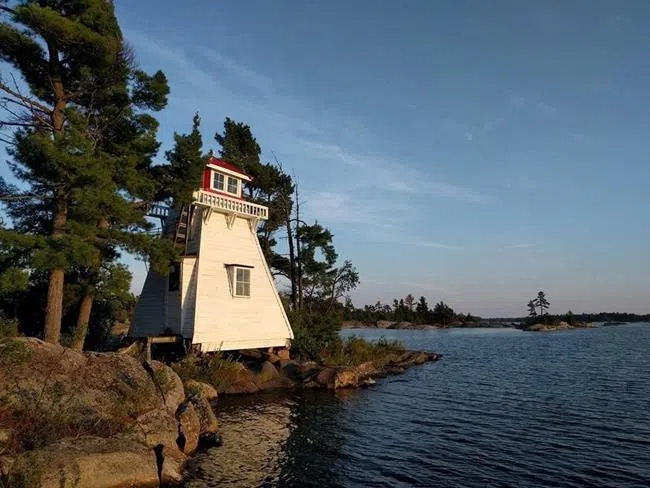
‘There’s just nothing left:’ Cottage in family for generations lost to wildfire
Jane Lee had heard about the forest fires burning many kilometres away from her family cottage but hadn’t seen smoke or other signs of a blaze when she and other relatives gathered at the retreat in northeastern Ontario earlier this summer.
All appeared to be well when she and 11 family members left the property in mid-June, but a massive wildfire known as Parry Sound 33 was creeping closer.
Days later, while at her home in southern Ontario, 71-year-old Lee said she learned that a wildfire had reached the area where the family’s property — made up of several cabins and a lighthouse — sits on a small island. The blaze jumped to the area, consuming the structures and burning surrounding vegetation, she said.
“The buildings burned so completely that the steel roofs are laying flat on the rocks,” she said. “There is just nothing left.”
